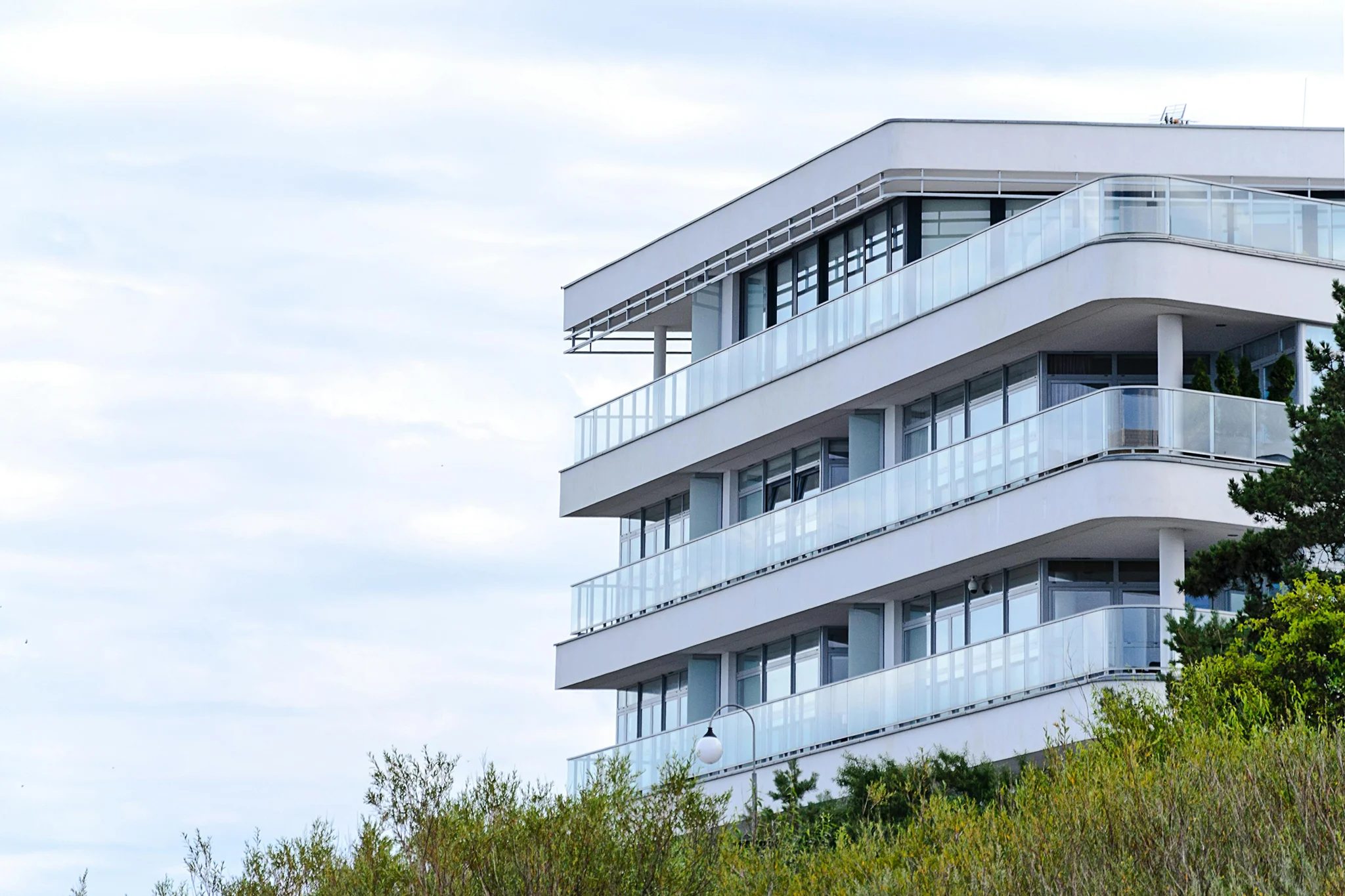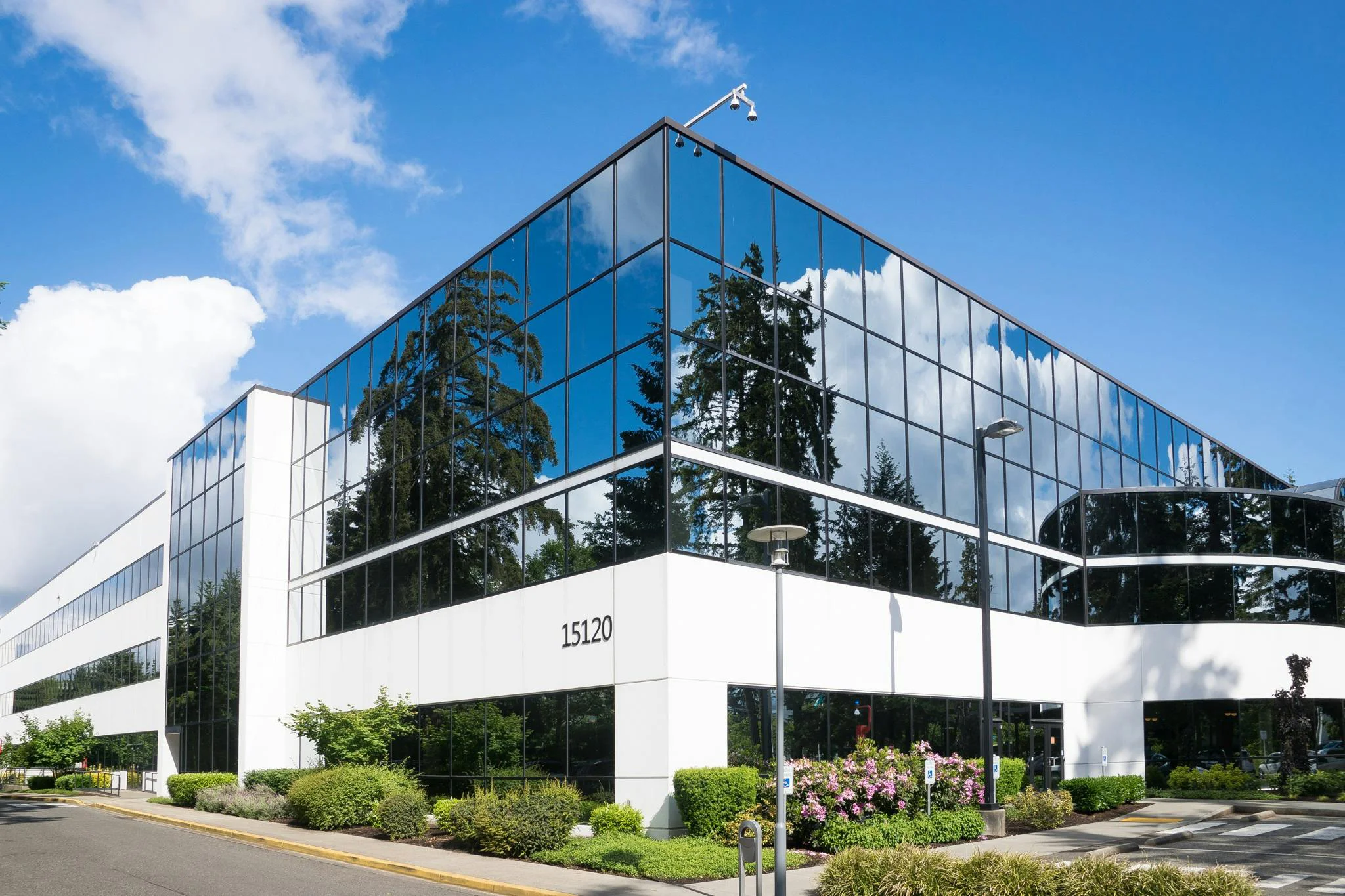
What are Zoning Variances?
A zoning variance is a request from a property owner to deviate from the current zoning ordinance enacted by a township, borough or municipality. Zoning ordinances in Pennsylvania require a property owner or lessee to demonstrate several factors showing that the application warrants relief.
The process of seeking a variance begins with filing an application with the Zoning Hearing Board and presenting your claim. Appeals sometimes follow. The Zoning Hearing Board can permit you to deviate from the current zoning ordinance, but sometimes does so only with strict requirements that must be complied with. It is important to remember that obtaining relief through a variance does not override or change an existing zoning ordinance, but allows you to abide within a specially-granted exception to the general zoning plan.
What is a Zoning Hearing like?
Zoning hearings take all forms. Some are done in person, and some by Zoom. Some require a full hearing before a board, and others will allow the applicant to briefly explain what they’re seeking and answer questions from the Board. If you’re seeking a variance, you should bring all evidence you think is relevant, including any witnesses, deeds, surveys, engineering plans, correspondence and amicable neighbors to speak on your behalf. Most of these hearings occur at night (though not all of them do). These hearings are open to the public, and neighbors often show up to support or oppose an application.
What legal standard do I have to prove to obtain a variance?
To request a variance, you must show that the zoning ordinance requirements are too restrictive on the use of your property to allow you to use your property in any financially viable way. Although it may seem obvious, obtaining a variance requires that you own the land or have a lease and right to use the land. Alternatively, if you are purchaser with a sales contract, you have standing to apply.
The Zoning Hearing Board will take numerous factors into account, but the following findings are necessary to a variance:
- Unique physical circumstances or conditions that may be irregular, shallow, or exceptionally topographical that create an unnecessary hardship due to such conditions, not the conditions created by the zoning ordinance where the property is located.
- The hardships created by the circumstances or conditions provide no possibility that the property can strictly conform to the zoning ordinance and that the approval of the variance is necessary for reasonable use of the property.
- The hardship has not been created by the property owner.
- The variance, if approved, will not alter the character of the district or either substantially or permanently impair the use or development of adjacent properties or the character of the district.
- The variance, if approved, will be the minimum variance necessary to represent the least modification to the regulation at issue.
See 53 P.S. § 10910.2. Pennsylvania Municipalities Planning Code § 910.2 (Zoning Hearing Board’s Functions; Variances).
You must be able to prove many of these findings through various forms of evidence. Additionally, you must show why the zoning ordinance creates an unnecessary hardship upon your land, not merely that you are facing a hardship. If you can show these findings through witness testimony and other evidence, the Zoning Hearing Board may grant the variance request.


What types of variances are there?
A use variance relates to how a property owner plans to use their land. On the other hand, a dimensional variance permits you to build or maintain a structure, deviating from the dimensional requirements of the zoning ordinance. For example, a use variance might allow the property owner to use the property in a residential area for a commercial purpose. A dimensional variance might allow the property owner to build a shed closer to the property line than is normally allowed. Use variances are generally more difficult to obtain than dimensional variances, although this is not always true.
If I can’t get a variance, are there other forms of zoning relief?
Some other forms of relief include a special exception, conditional use, and nonconforming use.
- A special exception is an exception that is permitted when you comply with the express criteria of the zoning ordinance. A special exception is not an exception to the requirements of a zoning ordinance.
- A conditional use is like a special exception except that its use is subject to specific criteria. As with a special exception, conditional use is not an exception to zoning ordinance requirements. The only difference between a conditional use and a special exception is that a conditional use application is heard by the municipal governing body and not the Zoning Hearing Board. The conditional use is typically granted by the municipal governing body if the new use of the property benefits the public.
- A nonconforming use is permitted by the Zoning Hearing Board as relief to a property owner when the permitted use of property would violate the zoning ordinance. This can refer to the phrase “grandfathered in” meaning that the property was used for a specific purpose before the zoning ordinance was enacted.
Variance Litigation
After you have filed either a dimensional or use variance application with the municipality, the Zoning Hearing Board will have 60 days to hear your case. Failure to do so by the board will result in the variance being approved (see 53 P.S. § 10908(1.2)). When a date is set, you will state the nature of your case through witness testimony, documents, evidence, and other means. Before the hearing, written notice is given to other property owners and interested parties, and public notice is given to others under MPC 908(1).
Special Exception Litigation
Unlike the procedures for variance litigation, special exception litigation requires a different approach. Although you will have evidence and witness testimony presented, the Zoning Hearing Board may grant or deny special exception based on express standards and criteria.
The express standards and criteria include review and discussion when you are before the Zoning Hearing Board. Moreover, the heightened standards and criteria refer to you provided through your special exception application. Although the standards and criteria for special exceptions differ between municipal zoning ordinances, one common criterion is developability. Developability must be proven by showing that the property cannot be developed in any other way absent the relief. If you can satisfy this criterion, zoning relief may be granted by the board. If you fail to meet the specifications of the specific standards and criteria in your application, special exception zoning relief may be denied.


What if the Zoning Hearing Board “Makes the Wrong Decision?”
You may receive a denial of your requested relief from the Zoning Hearing Board. The MPC indicates that the application for variances and for special exceptions under the zoning ordinance are final as the Zoning Hearing Board has exclusive jurisdiction over the matter(s). However, although the MPC states this provision, the Zoning Hearing Board is not the final decision-maker in the matter.
A later Pennsylvania statute indicates that a property owner who is unsatisfied with the Zoning Hearing Board’s decision is permitted to appeal the decision within 30 days. The decision would be appealed to the county’s Court of Common Pleas. The statute permits you to appeal to the board’s decision based on a defect in the procedures described in the zoning ordinance. Thus, you do have a right to appeal against a believed defect based on the board’s decision on the variance or special exception application and evidence presented at the hearing.
Conclusion: Contact our Zoning Attorneys to discuss your case
It may be difficult for you to decide whether a variance or special exception application is best for zoning relief. Moreover, Zoning Hearing Boards and appeals require specific procedures for successful zoning relief. That’s why Cornerstone Law Firm is here to help. If you need help with zoning ordinances or the zoning process, please contact our office. Our attorneys can help you with these zoning issues and related real estate questions. Call us today for a consultation.
